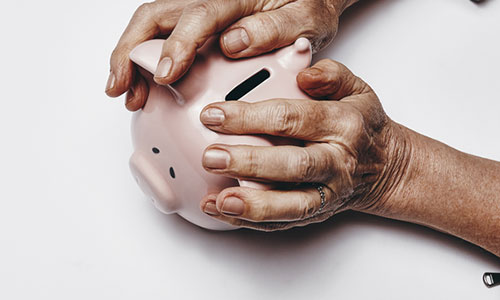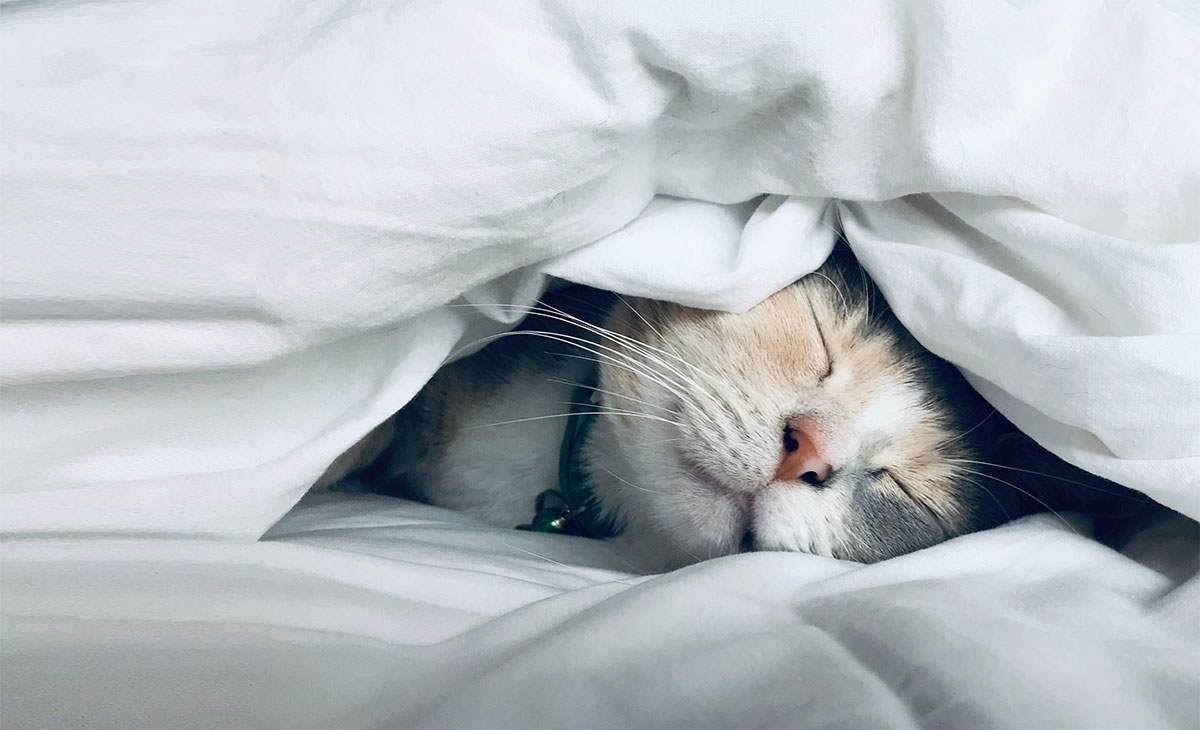
7 steps to a great night's sleep

Our sleep patterns change as we get older. We sleep lighter and less, we wake more often in the night, and we're more sensitive to noise.
The days of sleeping until the afternoon like a teenager might be gone, but with the right routines, environment and diet, we should still get enough sleep to keep us healthy and feel fully rested during the day. Here are some tips to help you have an undisturbed night.
Keep your sleep patterns regular
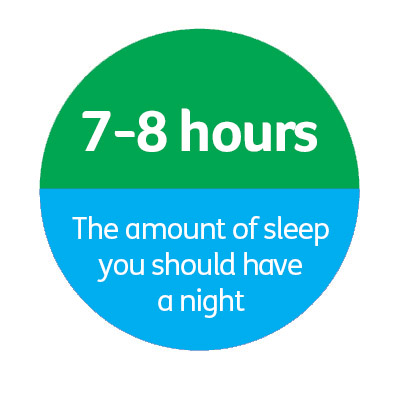 Try to go to bed and get up at the same time each day. Ideally, you should be getting 7 to 8 hours of sleep a night.
Try to go to bed and get up at the same time each day. Ideally, you should be getting 7 to 8 hours of sleep a night.
If you struggle with your sleep, avoid lying in.
It's tempting when you're tired, but a lie in can mess with your body clock and make it harder to sleep the following night.
Be active in the day
Try to tire yourself out by being physically active during the day. For some people, that means getting plenty of exercise, and for some that means pottering around the garden or walking to the local corner shop.
Spending time outside in the sun or sitting by a sunny window can also make you feel more tired when it comes to bedtime.
Make bedtime feel like bedtime
You can make your brain feel like it's time to shut down by having some sort of evening ritual.
This is totally personal so try out some different things before you settle on what's right for you. You could try reading a book, having a bath, or doing some gentle stretching.
Once you're in bed, try not to look at your phone or tablet and avoid watching TV if possible.
That's because LED light from digital screens may prevent the brain from releasing the sleep hormone melatonin.
Nap smart
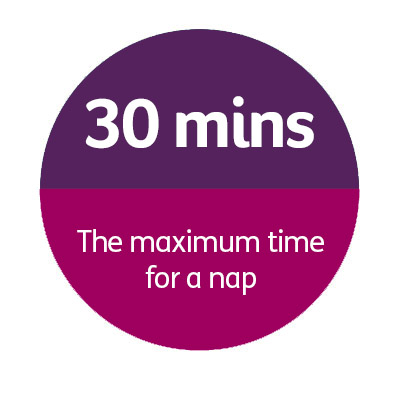
If you feel like having a nap in the day, limit it to 30 minutes.
A quick nap can help with your alertness later in the day, but any longer and you risk not getting a good sleep at night.
Watch what you eat and drink
Eating a heavy meal late at night can make it harder for you to get to sleep. Lighter meals earlier in the evening are ideal. A good rule of thumb is to eat dinner at least 3 hours before you go to bed.
Drinking coffee after lunch can mean you're too caffeinated to get to sleep, so it's good to stop as early as possible.
Alcohol affects your sleep too, so if you're used to unwinding with a glass of wine in the evening, why not try cutting down for a bit and seeing if it makes a difference to your sleep?
Make your bedroom a haven
Your bedroom should be a calm, relaxing environment to help you drift off. Fresh, clean bedding can help you feel cosy and sleepy, and you should have the right amount of pillows to support your neck.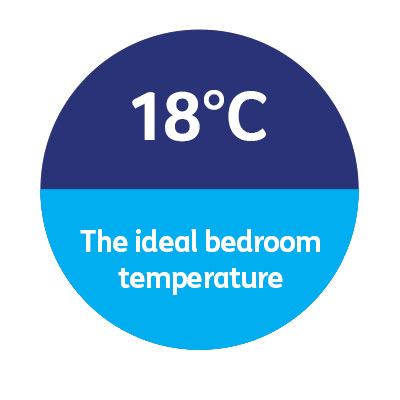
The ideal bedroom temperature is 18°C. If you're struggling to heat your house because you're worried about your heating bills, see our tips to save money on your energy bills. In the meantime, you could get a hot water bottle or a microwave heaty bag, or snuggle up in some fluffy socks.
A dark, quiet bedroom is also best for an unbroken sleep. If your bedroom is noisy, try using earplugs. If it's too bright, you could install some blackout blinds or curtains, or buy an eye mask.
 Save money on your energy bills
Save money on your energy bills
If your house is too cold in the winter, you could save money on your bills so you can turn up the thermostat.
Don't lie awake if you can't sleep
Despite doing everything right, you still might wake up in the middle of the night and struggle to nod off again. If that happens, wait it out for 20 minutes. If you're still wide awake, get up and go into another room.
Find something relaxing to do like reading or listening to the radio – try to avoid any activities that are too involved, like housework or watching TV, as these can both wake you up too much. After 20 minutes, go back to bed and see if you can fall asleep again. If not, repeat the process.
How to tell if you have a sleep disorder
Although you might not sleep as well as you used to, chronic sleep problems are not an unavoidable part of ageing. You should talk to your doctor if you regularly experience these symptoms:
- Persistent difficulty falling or staying asleep.
- Feeling drowsy during the day.
- Having low energy.
- Struggling to concentrate.
- Abnormal behaviour during sleep, such as kicking, shouting or acting out dreams.
- Waking up short of breath.
- Uncomfortable sensations in the legs at bedtime.


